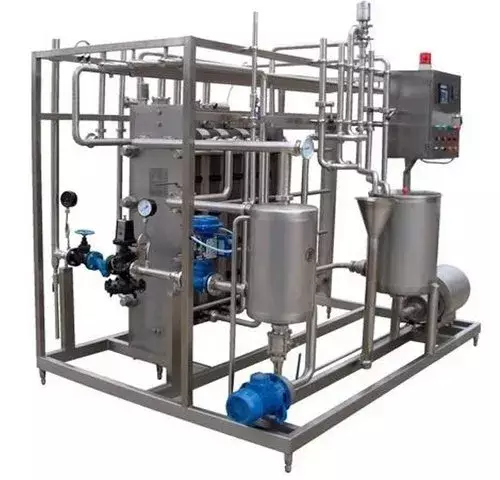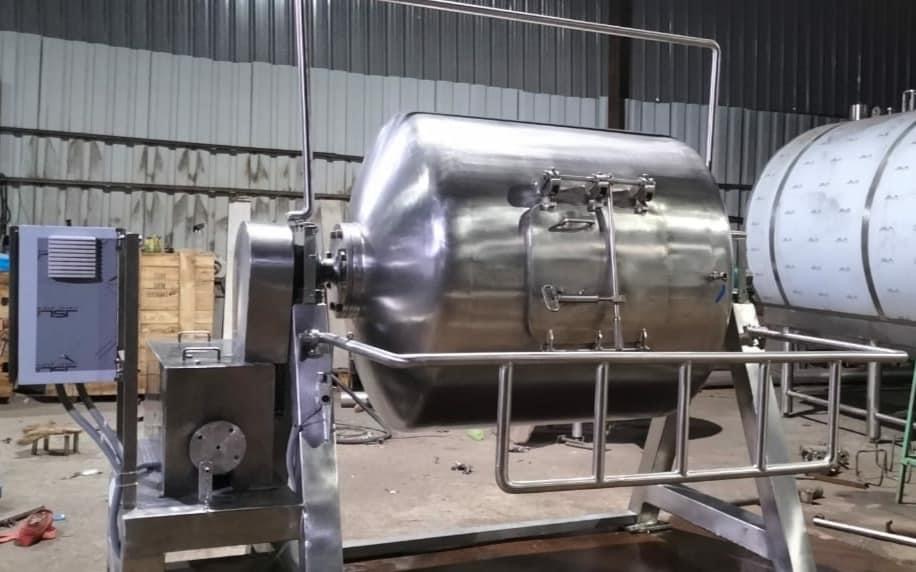









It’s important to note that the specific processes, equipment, and layout of a dairy processing plant can vary depending on the scale of operation, product range, and regional regulations. The design and construction of such a facility require careful planning, engineering expertise, and compliance with industry standards to ensure efficient and safe operations.
NK Dairy Plants provide you complete solution.
Being an integral aspect of the food manufacturing sector, milk processing plants are crucial to the production of many other foods such as cheese, yogurt, and ice cream, among other dairy products. Processing, storing, pasteurizing, packaging, and preparing milk for distribution requires a wide variety of machines. Turnkey solutions for milk processing plants are offered by NK Dairy Equipment. When it comes to Milk Processing Plant Manufacturers In Delhi, our organization is at the top of the list. We offer easy-to-implement strategies that are still very successful for meeting your specific needs in milk processing. The Milk Dairy Plant we operate consistently receives high marks from our patrons for its professionalism and effectiveness. These plants are an excellent investment in your building.
Why Choose Us?
Processing can be done systematically with these plants You can have a well-organized and efficient processing facility This plant consists of high-performance machinery that can effortlessly and effectively carry out the required work.
It simplifies the procedure as a whole. All of the machines and plants are built under the watchful eyes of seasoned experts. Because of this, you can trust in the quality of their work. We are recognized as one of India’s premier Dairy Milk Processing Plant exporters and suppliers. Call now to place an order for Milk Plant.
Why Buy Dairy Processing Plant
Milk is a valuable nutrient-rich food, but it spoils quickly and must be handled with care. Spoilt milk can make people sick because it supports the growth of microbes that are harmful to humans. These microorganisms thrive in milk, making it a highly perishable food item. Processing milk makes it possible to store it for extended periods of time (weeks to months) and so reduces the risk of food-borne illness. In order to kill off any bacteria or parasites that might be present in milk, it must be pasteurized. The primary goals of pasteurization are: To mitigate the risk of disease transmission via milk, harmful bacteria (pathogens) are killed. To extend the freshness and quality of milk products by eliminating spoiling bacteria and enzymes. Cooling (the element most likely to affect the quality of raw milk) and fermentation are two methods that can extend the milk’s usable life by several days. Milk can be safely consumed for a longer period of time after being pasteurized, and the quantity of potentially harmful germs is reduced to an insignificant level. Milk can be further refined into high-value, concentrated, and transportable dairy products like butter, cheese, and ghee, all of which have lengthy shelf life. Small-scale dairy farmers can earn more money from processing their milk into finished goods than they can from selling raw milk, and they can expand their business into regional and urban markets. Processing milk can also help with seasonal milk supply changes.
